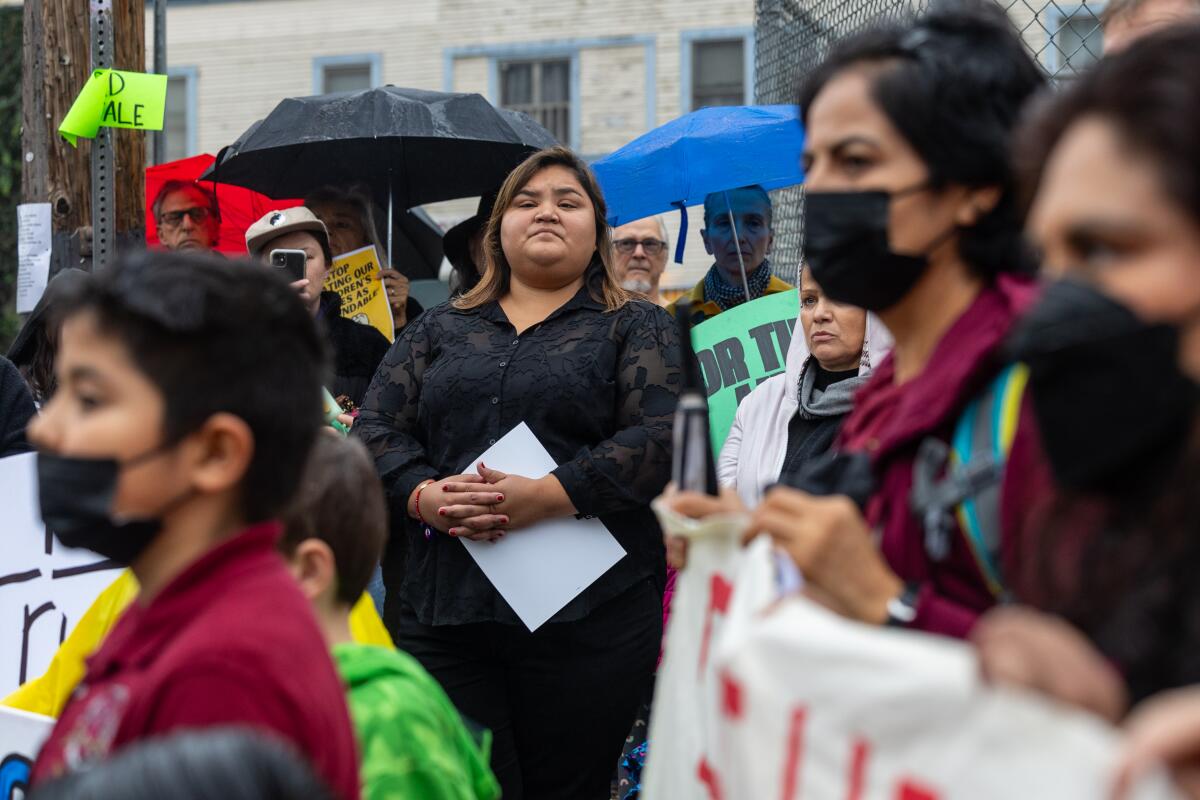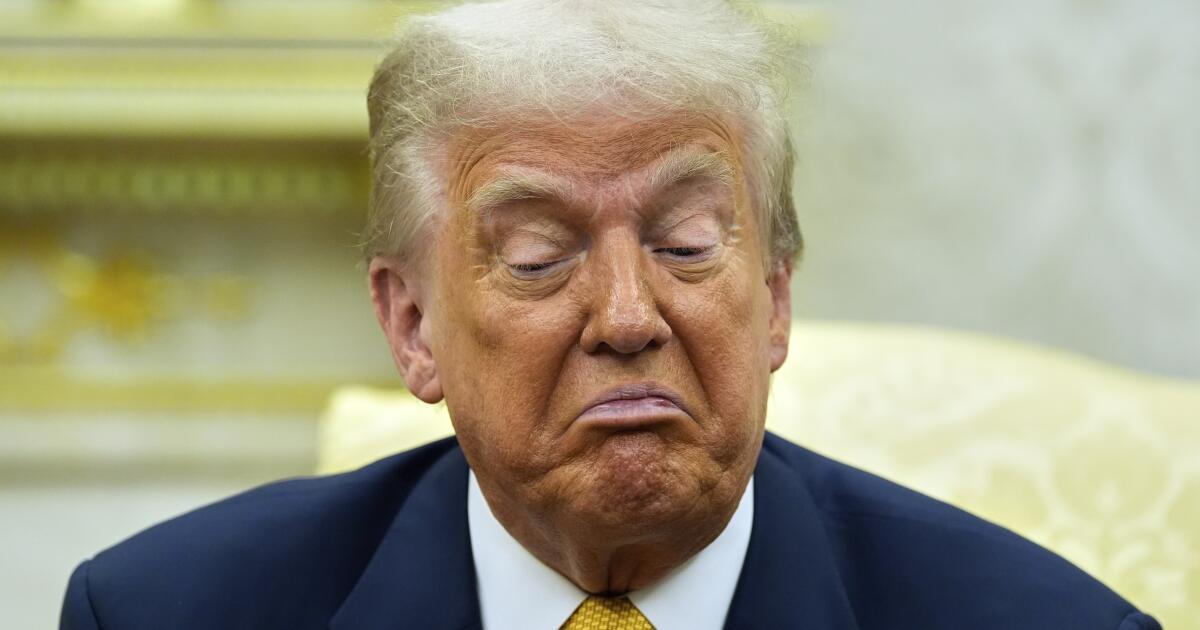PORT-AU-PRINCE (Reuters) -Haiti’s government on Thursday said it would extend a state of emergency around Port-au-Prince for another month as gang violence that has threatened to bring down the government and led thousands to flee their homes appeared to show no sign of abating.
The U.N. humanitarian affairs agency warned that the country’s health system was “nearing collapse,” with shortages of staff, equipment, beds, drugs and blood to treat patients with gunshot wounds.
Two dozen trucks carrying vital equipment, medical supplies and food were stuck at the capital’s port, according to the U.N.’s World Food Programme (WFP), which said it had suspended its maritime transport service, citing the “insecurity.”
Authorities first announced a state of emergency on Sunday after fighting escalated, inmates were broken out of prison by armed gangs, and an estimated tens of thousands were displaced while Prime Minister Ariel Henry was in Kenya, seeking its leadership of an international force intended to fight the gangs.
Henry, who has been in Puerto Rico since Tuesday, spoke with U.S. Secretary of State Antony Blinken by phone on Thursday, senior State Department official Brian Nichols said in Washington.
In an “intensive” conversation, Blinken spoke with Henry about “the urgent need to accelerate transition to a broader, more inclusive government,” said Nichols.
The prime minister has been apparently unable or unwilling to return to Port-au-Prince, where gunfire has broken out around key transport hubs, including the international airport.
The state of emergency in the Ouest Department, the seat of the capital, will be extended to April 3, with a nightly curfew until March 11, according to a declaration in the Caribbean country’s official gazette. The government said this was in order to “reestablish order and take appropriate measures to retake control of the situation.”
The state of emergency bans all public protests, day and night, and allows security forces to use “all legal means” at their disposal to enforce the curfew and apprehend those who break it, the government said.
In Port-au-Prince on Thursday, flames licked around a looted food warehouse and burned-out cars lined the streets. With gas stations shuttered, people bought petrol for their vehicles from street vendors with plastic containers.
“The situation in the country is critical,” said a man who gave his name only as Marckenson. “People can no longer go about their business. Our children can no longer go to school. Merchants can’t go to market… We have a prime minister, we don’t know whether he’s dead or alive, because he’s lost in the wild.”
Aid group Medecins Sans Frontieres (MSF, or Doctors Without Borders) said on Thursday it estimated that at least 2,300 people had been killed in the violence in 2023 in the Port-au-Prince neighborhood of Cite Soleil alone, home to 9% of the capital’s population.
“It is likely the real scale of the violence is much higher,” MSF said. The aid group had a day earlier reopened an emergency clinic in the capital, shuttered after armed men intercepted an ambulance and killed a patient in the street.
PORT CLOSURE
The situation on the ground has made it increasingly difficult for transport and aid groups to operate.
The WFP’s now suspended maritime transport service, the U.N. said, “is currently the only means of transporting food and medical supplies for humanitarian and development organizations from Port-au-Prince to other parts of the country.”
Local media reported that armed men had broken into the capital’s main cargo port, CPS, and had looted containers.
In a statement, CPS said it had been the target of “malicious sabotage and vandalism,” forcing it to suspend its services.
In a statement on Wednesday, the chair of the Caribbean Community (CARICOM) said regional leaders were meeting “around the clock” with government and opposition representatives, but had not yet reached consensus on how to proceed.
Henry, who is unelected, came to power shortly after the assassination of former President Jovenel Moise. He has repeatedly postponed elections, saying security must first be established to hold a free and fair vote.
Martine Moise, the president’s widow who was charged last month alongside some 50 other people for involvement in the 2021 assassination, said on X Haiti was “upside down” because those in power “want to crucify the victims, make them responsible, while they who are the killers seek to stay in power.”
Gangs have massively expanded their influence and territory in the years since Moise’s death, amassing wealth from ransom kidnappings and large arsenals of firearms that the UN has said are largely trafficked from the United States.
(Reporting by Harold Isaac and Steven Aristil in Port-au-Prince, Sarah Morland in Mexico City, Don Pessin, Matt Spetalnick and Daphne Psaledakis in Washington and Michelle Nichols at the United Nations; Editing by Kylie Madry, Alistair Bell and Rosalba O’Brien)

